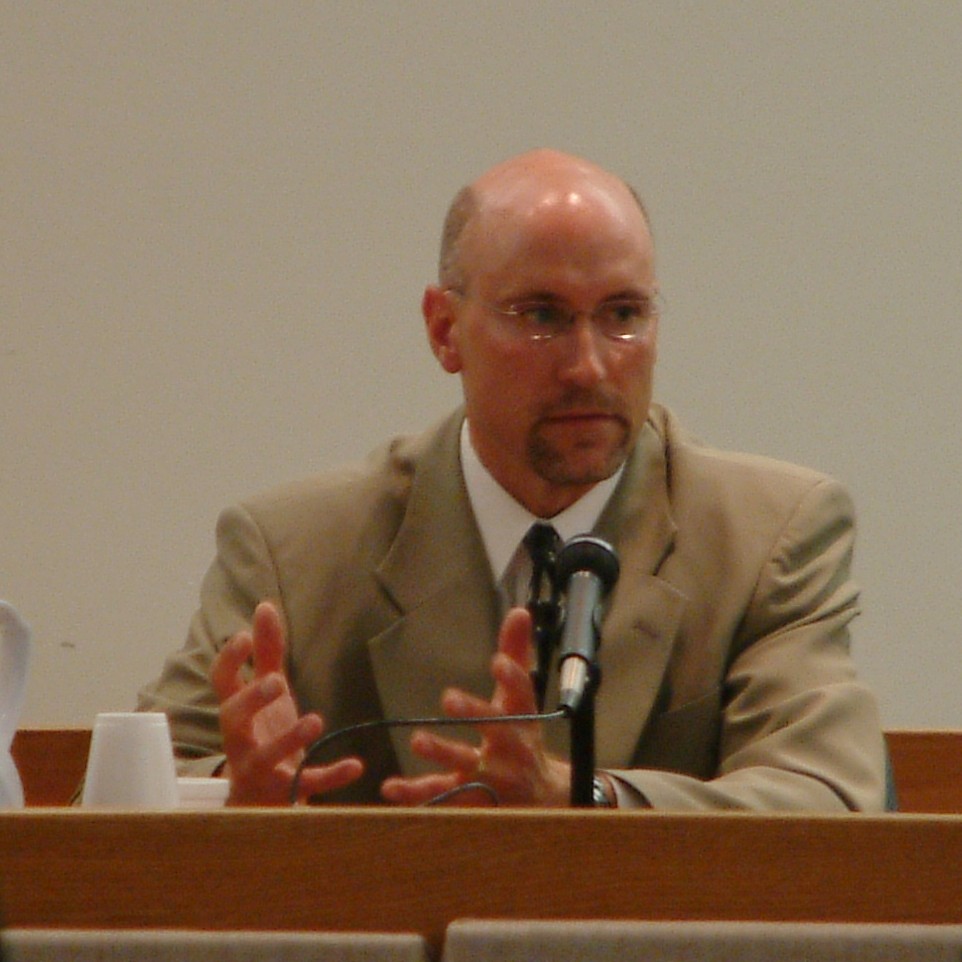
The schedule for an ongoing homicide trial in Juneau Superior Court continues to unravel at an increasing pace.
The defense for David Paul made a request on Tuesday to put a witness on the stand early. State prosecutors have just finished presenting their first two witnesses and are far from resting their case.
Both sides have witnesses who are arriving from out-of-state with limited windows for testimony. Prosecutors asked last week to allow a witness to testify out of order because of an extra day spent on jury selection.
The 24-year old Paul is accused of causing the injuries that led to the death of four-month old Rian Orr in August 2010.
Depending on when and to whom mother Jaki Orr talked to, she appeared to offer differing accounts of Paul’s behavior toward the baby, ranging from gentle to an incident in which he yelled at the crying Rian to shut up while he was playing video games and threw a blanket over her.
Orr finally finished her testimony late Tuesday morning.
“My goal here today is not to see him go to jail for the rest of his life for something that very well may have been an accident,” said Orr.
Prosecutors want to present evidence of a conversation between Paul and investigators recorded nearly a year after Rian Orr died, but Paul’s defense argues that allowing the evidence will open the door to other interviews, including one in which Paul may have been coerced.
Retired Juneau Police Sargent Paul Hatch took the stand Tuesday and outlined his training and experience in investigating similar cases. But the rest of his planned testimony took a backseat to arguments over the use of a recorded interview with Paul on July 8, 2011, nearly a year after Rian’s death.
Public defender Eric Hedland objected to the physical CD and DVD of the audio and video portion of the interviews being introduced as evidence so that the jurors could review them in entirety or in part during deliberations. Hedland argued that it gave more weight to the evidence and was prejudicial to his client.
Assistant District Attorney Angie Kemp contended that was a novel argument and recordings have frequently been reviewed by jurors back in the jury room.
Hedland also argued that if the July 2011 interview is played in unredacted form, then that would open the door for other evidence, including what he called a sham polygraph exam and an earlier interview conducted by investigators that was suppressed because Paul may have been coerced into making false statements. It’s those suppressed statements that led to dismissal of the first indictment against Paul.
I made the analogy about watching the last scene of a play or (reading) the last page of a book and going ‘If we want to know how we go to that point, (then) we need to read the rest of the book.’ If we want to know what it is that motivates Mr. Paul to say what he says at the end there, to ignore all the things that came before that, I think, is not even really intellectually honest. It’s to pretend that this happened in vacuum when we all know it didn’t.”
Hedland says the other interviews would put the final one in context and show investigators’ demeanor and tone as they singled Paul out as a suspect early on.
Kemp argues that Hedland could demonstrate that evidence in other ways:
It’s cliché to say, but Mr. Paul can get up and testify, and say he was feeling all of these things. He can say that ‘I felt pressured on August 18th. I said things that weren’t true. I said them because someone told me what to say.'”
Superior Court Judge Philip Pallenberg said he would consider those issues and possibly come up with a decision before the July 2011 recordings are played on Wednesday.
